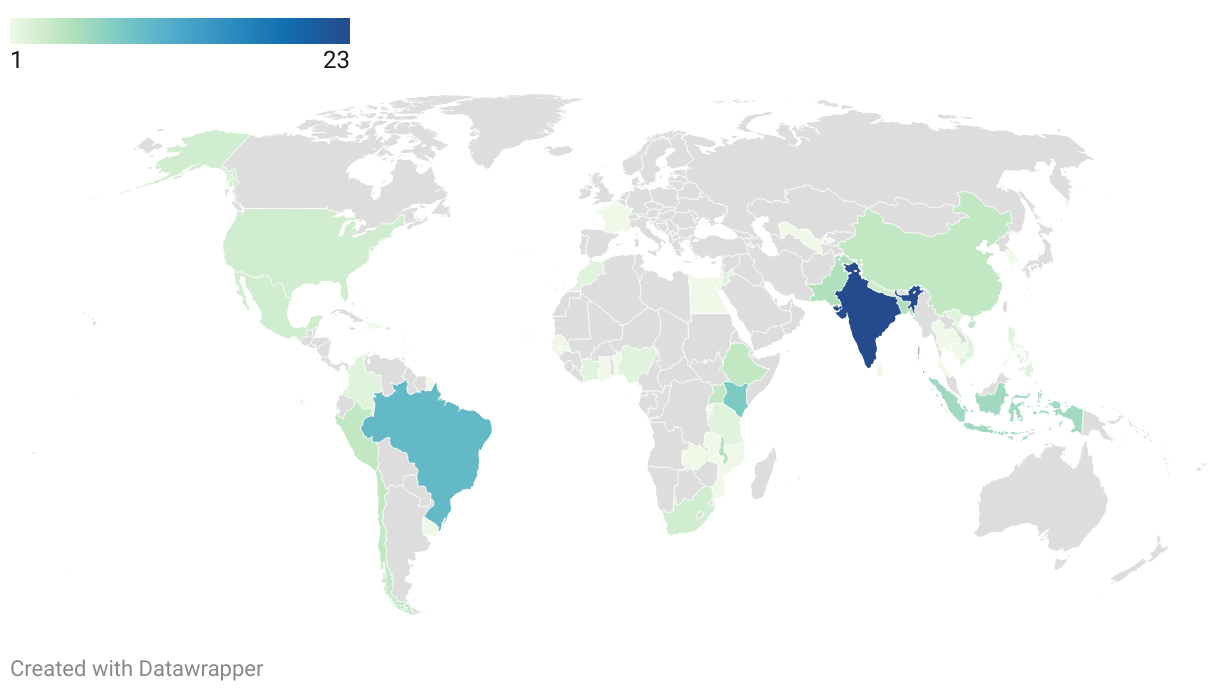Recommended
A widespread notion in European capitals is that Latin America is an economic failure: a highly volatile region, prone to all kind of recurrent crises, and unable to develop and sustain a dynamic of convergence towards the income levels of advanced economies, as the Asian Tigers did. To paraphrase a well-known saying about Brazil, the established perception is that “Latin America is a land of the future and it always will be.”
Data shows this view is biased and does not match reality. First, progress in macroeconomic management over the last 20 years has been very significant and the results are notable. An entire Latin American generation has grown up in an environment of low and relatively stable inflation, reasonably sound public finances, and regulatory and supervisory frameworks that have led to the strong financial systems the region has today. One striking achievement is the reduction in the frequency of exchange rate, sovereign debt, and financial crises: from an average of four crises per year between the mid-1970s and the early 2000s to less than one a year in the last 20 years. As a result of this greater macroeconomic stability, Latin America went from being a protagonist—one third of the world’s exchange rate, banking, and debt crises between 1974 and 2003 took place in the region—to just playing a supporting role: only one of every six crises have taken place in Latin America since 2003.
Second, income convergence from underdevelopment to development is the exception that proves the rule, as non-convergence is a widespread phenomenon in most emerging markets and developing economies. To judge Latin America’s long-term performance by comparing it with the highly unlikely convergence processes only achieved by Japan, Taiwan, Korea, Singapore, and Hong Kong in the post-war period is, to say the least, incorrect.
The main challenge that Latin America faces is neither macroeconomic management nor trying to achieve the unlikely goal of convergence but consolidating sustainable and inclusive growth. The region’s per capita income has been stagnant for a decade. The prolonged absence of sustained economic growth inevitably results in a situation marked by a distributive competition for resources, which not only fosters social tensions but also diverts valuable sociopolitical resources towards managing these tensions, instead of focusing them on the pursuit of economic growth.
Rights & Permissions
You may use and disseminate CGD’s publications under these conditions.
Image credit for social media/web: Flickr/Deni Williams







